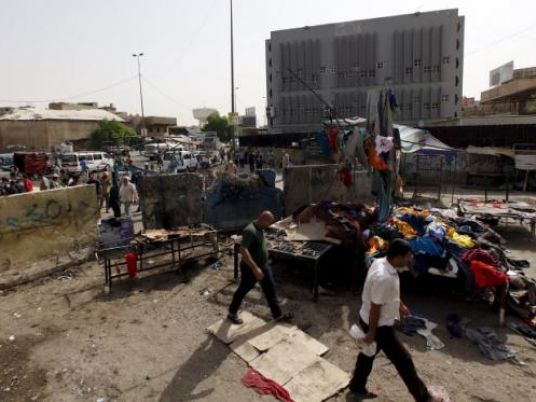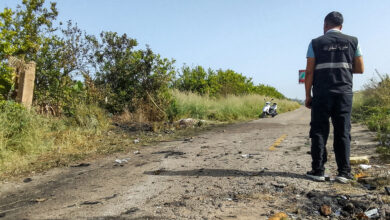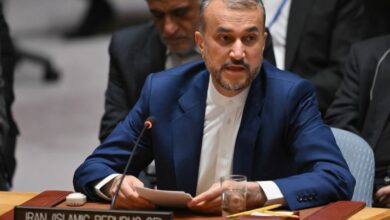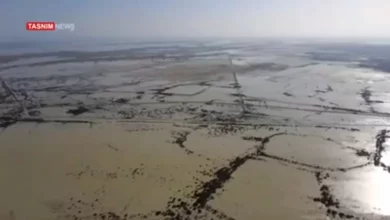
Blasts rocked two Sunni mosques in central Iraq Monday, amid fears of renewed sectarian strife following Saudi Arabia's execution of a prominent Shi'ite cleric, police and medics said.
Groups of men wearing military uniforms detonated explosives at two Sunni mosques overnight in the Hilla region, south of Baghdad, and a muezzin — the person appointed to recite the Muslim call to prayer — was shot dead near his home in Iskandariyah, the sources said.
In Hilla, about 80 km (50 miles) south of the capital, a police officer said the Ammar bin Yasser mosque in Bakerli neighborhood was bombed after midnight.
"After we heard the explosion, we went to its source and found that IEDs (improvised explosive devices) had been planted in the mosque," the captain said.
"Residents said a group of people with military uniforms carried out this operation," he said, adding that 10 houses were also damaged by the explosion.
The Al-Fateh mosque in a village called Sinjar, just outside Hilla, was also damaged in similar circumstances.
The police captain said three or four men in military uniforms were involved that bombing.
"They took advantage of the cold weather, there was nobody outside," he said.
A medical source in Hilla said three people were wounded in the explosions.
There was no immediate claim of responsibility for the blasts, nor for the killing near the town of Iskandariyah, about 40 km south of Baghdad.
Taha al-Juburi, the prayer caller of the Mohammed Abdallah Jabbouri mosque in Haswa, a district of Iskandariyah, a local councilor said on condition of anonymity.
"He was ambushed by unknown gunmen near his house," a source in Iskandariyah police said.
A doctor also confirmed his death.
Iskandariyah is part of a mixed Sunni-Shi'ite area south of Baghdad which was once dubbed "the triangle of death" and was badly affected by sectarian violence last decade.
The execution at the weekend in Saudi Arabia of prominent Shi'ite cleric Nimr al-Nimr sparked outrage in Iraq.
Shi'ite politicians and clerics unanimously condemned the execution but several religious in the Sunni minority also denounced it.
Protests took place in Baghdad and elsewhere in the country. Another demonstration called by prominent cleric and militia leader Moqtada al-Sadr was due to be held later Monday.
Iran has accused Saudi Arabia of using Nimr's execution to stoke sectarian tensions in the region.
Tehran has warned the Gulf monarchy it would pay a "high price" for the execution, which was one of 47 carried out on Saturday.
The Saudi embassy in Tehran was firebombed by an angry mob, prompting Riyadh to respond by announcing it was breaking off diplomatic relations with Iran.




